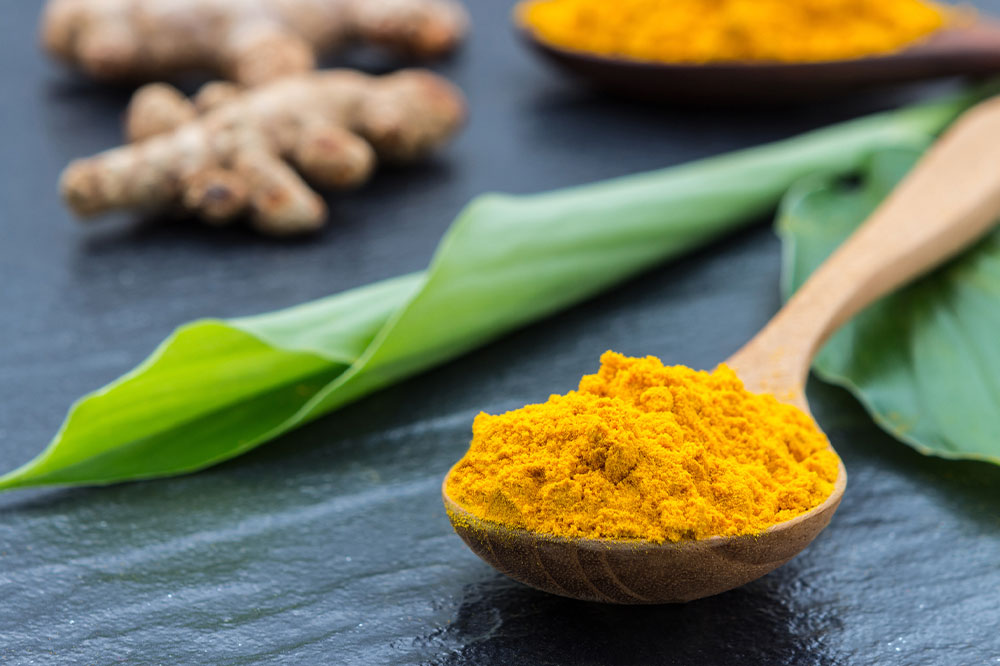Effective Natural Strategies to Relieve Eczema Symptoms at Home
Discover comprehensive natural home remedies for managing eczema symptoms. From coconut oil and yogurt to oatmeal baths and turmeric, explore effective strategies to soothe irritated skin, reduce inflammation, and improve skin health without harsh chemicals. Incorporate these natural tips into your daily routine for better skin comfort and quality of life.

Comprehensive Natural Approaches to Ease Eczema Discomfort
Atopic dermatitis, frequently referred to as eczema, is a long-term, inflammatory skin condition characterized by periods of flare-ups and remission. Although there is no permanent cure for eczema, understanding how to manage its symptoms with natural remedies can lead to a significant improvement in quality of life. The affected skin often appears red, itchy, dry, and flaky, with some cases oozing fluid when flares are severe. Scratching the itchy areas can intensify inflammation, cause skin infections, and prolong the healing process, especially in vulnerable populations like children. While conventional medications such as corticosteroid creams and antihistamines play a crucial role in controlling eczema, many patients seek complementary natural methods to soothe their symptoms and prevent flare-ups.
In this detailed guide, we will explore four highly effective natural home remedies for managing eczema symptoms. These approaches can be easily incorporated into daily routines to help reduce itching, inflammation, and skin dryness, ultimately fostering healthier skin and a better quality of life.
1. Coconut Oil
One of nature’s most versatile and beneficial oils, virgin coconut oil, has been used for centuries to support skin health. It is rich in medium-chain fatty acids, particularly lauric acid, which exhibits potent antimicrobial and anti-inflammatory properties. Applying fresh, unrefined coconut oil directly to affected areas provides intense moisturization, helping to restore the skin’s natural barrier function, which is often compromised in eczema sufferers. The oil’s soothing qualities can reduce redness, itching, and swelling, while its antimicrobial effects may diminish bacterial colonization on compromised skin, thereby lowering the risk of secondary infection.
For optimal results, gently massage virgin coconut oil into the skin after bathing when the skin is still slightly damp to lock in moisture. Regular application can significantly alleviate dryness and irritation, especially during flare-ups. Its natural composition makes it suitable for sensitive and delicate skin types, including infants and children suffering from eczema.
2. Yogurt and Probiotics
Yogurt, a popular probiotic-rich food, plays a dual role in managing eczema—both internally and topically. Consuming probiotic-dense yogurt can help restore the delicate balance of bacteria within the gut microbiome, which has been linked to immune regulation and skin health. By supporting gut health, probiotics can indirectly reduce systemic inflammation that contributes to eczema symptoms. In addition, applying plain, unsweetened yogurt directly onto affected skin as a topical mask can introduce beneficial bacteria to the skin’s surface, fostering a healthier skin environment and soothing irritation.
The natural enzymes and probiotic cultures present in yogurt can help modulate immune responses, decrease redness and swelling, and reduce the itching associated with eczema. For topical use, spread a thin layer of plain yogurt on affected areas, leave it for 15-20 minutes, then rinse off with lukewarm water. Repeating this process a few times weekly can promote skin healing and comfort.
3. Oatmeal Baths and Oatmeal-Based Products
Oatmeal has been recognized worldwide as a gentle, natural remedy for soothing irritated skin. Its high content of antioxidants, anti-inflammatory compounds, and moisturizing agents makes it ideal for calming eczema flare-ups. An oatmeal bath involves adding finely ground, unflavored colloidal oatmeal to lukewarm bathwater, creating a soothing soak that hydrates dry skin, reduces itching, and alleviates inflammation. This method is especially effective for children and individuals with widespread eczema.
Alternatively, oatmeal-based creams and topical formulations can be used to target localized areas. The skin-relaxing and antioxidant properties help diminish redness and irritation while promoting healing. After bathing, gently pat the skin dry and apply a fragrance-free moisturizer to lock in moisture. Regular use of oatmeal baths, especially during flare-ups, can significantly decrease discomfort and assist in the recovery process.
4. Turmeric and Its Anti-Inflammatory Power
Turmeric, a bright yellow spice commonly used in cooking, contains an active compound called curcumin. Curcumin has exceptional anti-inflammatory, antioxidant, and antimicrobial properties, making it an excellent companion for eczema management. Its ability to reduce swelling and redness makes it particularly beneficial for severe or persistent eczema outbreaks.
Incorporating turmeric into your diet through dishes and beverages can provide systemic anti-inflammatory benefits. Moreover, making a topical paste by mixing turmeric powder with a carrier oil or honey can be directly applied to affected skin to calm irritation. It’s advisable to perform a patch test first, as turmeric can stain skin temporarily and may cause sensitivity in some individuals. Consistent use of turmeric-based treatments might help in reducing flare-ups and managing chronic inflammation associated with eczema.
Additional Natural Care Tips
Beyond these primary remedies, other natural solutions like neem oil, thyme extracts, and sandalwood paste have shown promise in relieving eczema symptoms. Always opt for pure, high-quality ingredients and check for any allergic reactions before widespread application. Combining these natural remedies with a holistic approach—such as avoiding known irritants, using gentle skincare products, maintaining proper hydration, and following medical advice—can markedly improve the comfort and health of skin affected by eczema.
In conclusion, managing eczema through natural remedies can be highly effective when integrated into a consistent skincare routine. These home-based treatments offer safe, chemical-free options to soothe irritation, reduce inflammation, and promote healing. However, it is essential to consult healthcare professionals to develop a tailored management plan, especially for severe or persistent cases. By adopting these natural strategies, eczema sufferers can experience reduced flare-ups, fewer discomforts, and improved overall skin health, leading to greater confidence and comfort in daily life.





